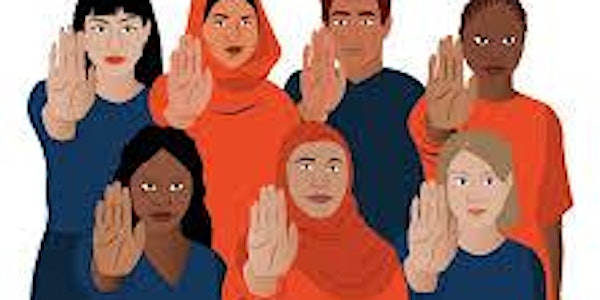FGM stands for Female Genital Mutilation. It is a harmful traditional practice that involves the partial or total removal of the external female genitalia or other injury to the female genital organs for non-medical reasons. The practice is typically performed on girls between infancy and age 15 and is prevalent in many parts of the world, particularly in Africa, the Middle East, and some parts of Asia. FGM has no health benefits and can cause a range of physical and psychological problems, including pain, infection, infertility, sexual dysfunction, and even death. The practice is a violation of human rights and is recognized internationally as a form of gender-based violence and discrimination. Efforts to end FGM involve a range of approaches, including advocacy, education, policy change, community engagement, and survivor support.
A FGM story will be presented first screening at the online event. Specialists speakers will be present to answer questions and talk about Way forward to End FGM in partnership with the affected communities.
Somali national helpline.org - Director, Khadra Hersi
The Somali National Helpline is a support service that provides counseling, information, and referrals to people in Somalia who are experiencing emotional distress, mental health issues, and other forms of social problems. The helpline was established in 2022 as part of a broader effort to address the mental health needs of the Somali population in UK impacted by the Pandemic, a community that has been affected by decades of conflict, displacement, and other forms of trauma. The service is staffed by trained volunteers nationally with support form Somali speaking qualified uk registered Counselors and Doctors who provide support in Somali and English languages to service users impacted by FGM and many other social issues. The Somali National Helpline is available 24 hours a day, seven days a week and can be reached by phone, email, or through the helpline's website. The helpline has played an important role in promoting mental health and well-being in Somalia and has helped thousands of people access the support they need. It has recently recieved NHS support to train Interpreters from many communities to address issues of health inequalities in the UK.
